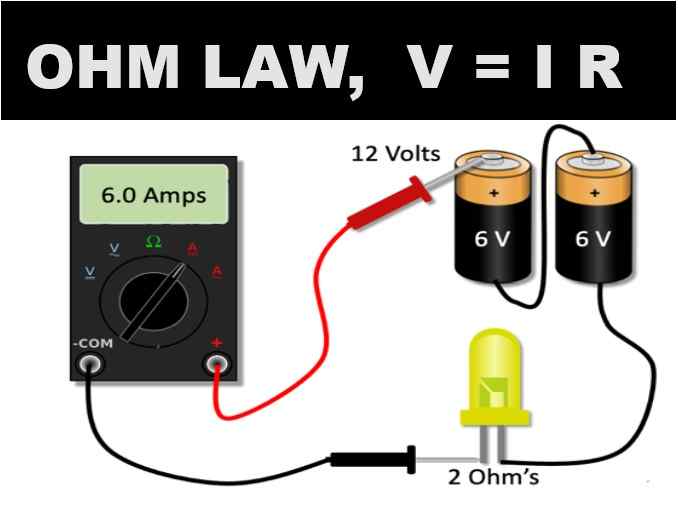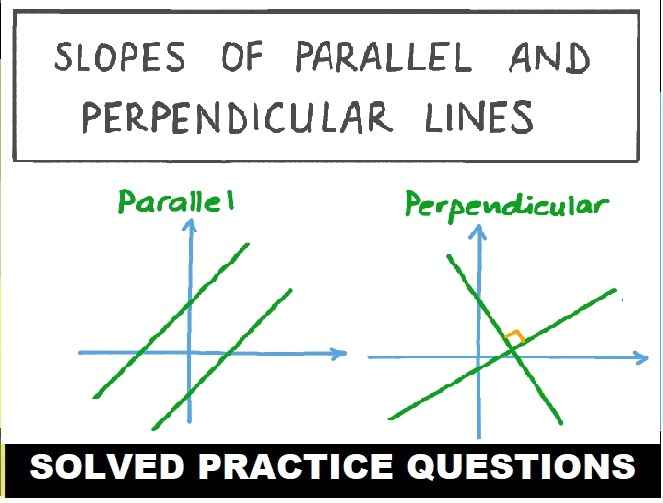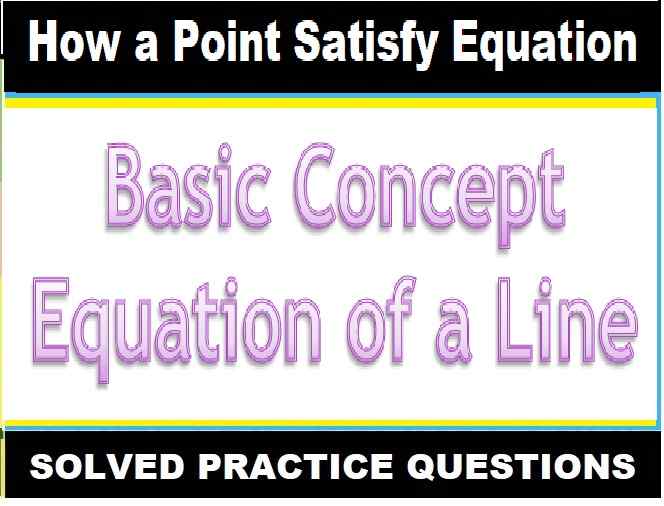Endocrine System Srijan Publications Solutions ICSE Class-10 Biology Ch-12. We Provide Solutions of Very Short Answer Type, Short Answer Type, Long Answer Type Questions and MCQs of Exercise-12 Endocrine System Srijan Publications ICSE Class-10 Ch-12. Visit official Website CISCE for detail information about ICSE Board Class-10.
Endocrine System Srijan Publications Solutions ICSE Class-10 Biology Ch-12
| Board | ICSE |
| Publications | Srijan Publications |
| Subject | Biology |
| Class | 10th |
| Writer | Veer Bala Rastogi |
| Chapter-12 | Endocrine System |
| Topics | Solutions of MCQs, Very short , Long Answers Questions |
| Edition | for 2022-2023 Academic Session |
A. VERY SHORT ANSWER TYPE QUESTIONS
Ch-12 Endocrine System Srijan Publications ICSE Class-10 Biology Solutions
(Page-180)
Questions 1. Explain the following terms.
(a) Endocrine gland
Ans: An organ that makes hormones that are released directly into the blood and travel to tissues and organs all over the body. Endocrine glands help control many body functions, including growth and development, metabolism, and fertility. Some examples of endocrine glands are the pituitary, thyroid, and adrenal glands
(b) Exocrine gland : A gland that makes substances such as sweat, tears, saliva, milk, and digestive juices, and releases them through a duct or opening to a body surface. Examples of exocrine glands include sweat glands, lacrimal glands, salivary glands, mammary glands, and digestive glands in the stomach, pancreas, and intestines
(c) Hormone : Hormones are chemical substances that act like messenger molecules in the body. After being made in one part of the body, they travel to other parts of the body where they help control how cells and organs do their work. For example, insulin is a hormone that’s made by the beta cells in the pancreas.
(d) Tropic hormone: Tropic hormones are hormones that have other endocrine glands as their target. Most tropic hormones are produced and secreted by the anterior pituitary
(e) Acromegaly: A condition in which the pituitary gland makes too much growth hormone after normal growth of the skeleton is finished. This causes the bones of the hands, feet, head, and face to grow larger than normal
Questions 2. Give one word for the following.
(a) Condition caused due to over secretion of thyroxine.–cretinism and goitre
(b) Endocrine gland that secretes emergency hormone.–adrenal gland.
(c) The gland which is exocrine as well as endocrine.—Pancreas
(d) The hormone secreted by beta cells of islets of Langerhans.–Insulin
(e) The hormone that releases glucose into the blood.–glucagon
(f) Organ that produces testosterone.–Testosterone
Questions 3. Name the hormones, malfunctioning of which lead to the following conditions
(a) Myxoedema–Thyroxine
(b) Exophthalmic goitre —Thyroxine
(c) Growth of beard in woman–Androgens
(d) Diabetes mellitus–insulin,
(e) Gigantism–growth hormone (GH)
Questions 4. Name the hormone responsible for the following functions.
(a) Increase in heartbeat–Adrenaline
(b) Maintains glucose level in the blood–Glucagon
(c) Converting glycogen to glucose--Insulin
(d) Regulates basal metabolism–Thyroid hormone (TH)
(e) Prepares the body during emergency–Adrenaline hormone
(f) Responsible for normal growth of the body–growth hormone
(g) Regulates the functioning of male and female reproductive organs–LH and FSH.
Questions 5. Find the odd-one and name the category of rest group.
(a) Adrenal, liver, thyroid, pituitary– liver
(b) Vasopressin, Growth hormone, TSH, ACTH — Vasopressin,
(c) Glycogen, glucagon, testosterone, prolactin–Glycogen,
(d) Thyroid, adrenal, pituitary, prostate– prostate
(e) Insulin, glucagon, diabetes insipidus, diabetes mellitus–diabetes insipidus
(f) Cretinism, myxedema, goiter, scurvy– scurvy
(g) Adrenaline, penicillin, insulin, thyroxine–penicillin,
(h) Goitre, dwarfism, acromegaly, cataract– cataract
Questions 6. Mention whether the following statements are true or false. If false, rewrite the correct statement by changing the underlined words.
(a) Hormones are produced by exocrine glands. False
Enzymes are produced by exocrine glands
(b) Malfunctioning of thyroid in infants results in myxoedema. True
(c) Glucagon converts glucose into glycogen. False
Insulin converts glucose into glycogen
(d) The alpha cells of the pancreas secrete insulin. False
The Beta cells of the pancreas secrete insulin.
(e) Pituitary gland is both exocrine and endocrine False
Pancreas gland is both exocrine and endocrine
(f) Progesterone regulates menstruation and prepares uterus to receive the fertilised egg. True
Questions 7. Write the full forms of the following:
(a) GH–Growth Hormone
(b) ACTH–Adrenocorticotropic Hormone
(c) FSH– follicle stimulating hormone
(d) LH– luteinizing hormone.
(e) PRL–Physical Research Laboratory
(f) ADH– anti-diuretic hormone
Questions 8. Match the columns.
| Column A | Column B |
| (a) Adrenal | (i) Master gland |
| (b) Pancreas | (ii) Lowers blood glucose level |
| (c) Insulin | (iii) Underactivity of thyroid |
| (d) Diabetes mellitus | (iv) Malfunctioning of thyroid in infants |
| (e) Pituitary | (v) Heterocrine gland |
| (f) Goitre | (vi) Hypersecretion of GH |
| (g) Gigantism | (vii) Adrenaline |
| (h) Cretinism | (viii) Glucose excreted in urine |
Answer :
| Column A | Column B |
| (a) Adrenal | (vii) Adrenaline |
| (b) Pancreas | (v) Heterocrine gland |
| (c) Insulin | (ii) Lowers blood glucose level |
| (d) Diabetes mellitus | (viii) Glucose excreted in urine |
| (e) Pituitary | (i) Master gland |
| (f) Goitre | (iii) Underactivity of thyroid |
| (g) Gigantism | (vi) Hypersecretion of GH |
| (h) Cretinism | (iv) Malfunctioning of thyroid in infants |
B. Short Answer Type Questions
Ch-12 Endocrine System Srijan Publications ICSE Class-10 Biology Solutions
(Page-180)
Questions 1. Answer the following questions.
(a) Why is iodine important to our body?
Ans: Iodine is needed to make the thyroid hormones thyroxine and triiodothyronine, which assist with the creation of proteins and enzyme activity, as well as regulating normal metabolism
(b) What disorders are caused due to undersecretion and oversecretion of thyroid hormones?
Ans : under secretion causes simple goiter and over secretion cusses exopthalemic goiter
(c) Name one hormone each secreted by adrenal medulla and adrenal cortex.
Ans:
adrenal medulla secret The adrenal medulla produces hormones involved in the fight-or-flight response (catecholamines, or adrenaline type hormones such as epinephrine and norepinephrine).
adrenal cortex –aldosterone (a mineralocorticoid), cortisol (a glucocorticoid), and androgens and estrogen (sex hormones).
Questions 2. Give biological reason for the following:
(a) The pituitary gland is known as the master gland.
Ans: The pituitary gland is sometimes called the “master” gland of the endocrine system because it controls the functions of many of the other endocrine glands. The pituitary gland is no larger than a pea, and is located at the base of the brain
(b) Goitre is usually observed in people living in hilly regions.
Ans: The soil and water in hilly regions is deficient in iodine. Hence goitre is usually observed in people living in hilly regions
(c) Some women develop beard, moustaches and masculine voice.
Ans: Some women develop facial hair like beard and moustache due to abnormal production of androgens like testosterone. In these women, they produce higher than normal levels of male sex hormones, androgens. This results in male-pattern hair growth along with other male characteristics, like heavy voice
(d) Mouth dries up and heartbeat increases while making the maiden speech.
Ans: Adrenaline is the hormone which prepares the body to meet any emergency situation. Adrenaline makes the heart beat faster. At the same time it stimulates the constriction of the arterioles of the digestive system reducing the blood supply of the digestive system which makes the mouth dry.
Questions 3. What will happen if:
(a) Thyroid does not function properly–When you have too little thyroid hormone in your body, it can make you feel tired, you might gain weight and you may even be unable to tolerate cold temperatures. These two main disorders can be caused by a variety of conditions. They can also be passed down through families (inherited)
(b) Adrenal gland is removed–(i) The body will not be able to regulate carbohydrate, protein, fat and mineral metabolism.
(ii) The kidney will fail to retain sodium. (iii) The secondary sexual characters will be poorly developed in males. (iv) The body will not be able to face emergency situations (stress and strain).
(c) Blood sugar level falls.–Hypoglycemia is a condition in which your blood sugar (glucose) level is lower than the standard range. Glucose is your body’s main energy source. Hypoglycemia is often related to diabetes treatment. But other drugs and a variety of conditions — many rare — can cause low blood sugar in people who don’t have diabetes
Questions 4. Give differences between the following pairs.
(a) Acromegaly and myxoedemna
| Acromegaly | Myxedema |
| It occurs due to malfunctioning of pituitary gland. | It occurs due to malfunctioning of thyroid gland. |
| Occurs due to over-secretion of growth hormone. It is hyperactivity disorder. | Occurs due to low secretion of thyroxine. It is hypoactivity disorder. |
(b) Cretinism and acromegaly–Cretinism in a condition arising from the deficiency of thyroid hormones ,which is categorized by dwarfism and mental retardation. Acromegaly is a rare but serious condition caused by too much growth hormone (GH) in the blood
(c) Glucocorticolds and mineralocorticoids
| GLUCOCORTICOIDS | MINERALOCORTICOIDS |
| They are transcriptionally active | They are less active compared to glucocorticoids. |
| Hormones include cortisol , cortisone , corticosterone. | Two common hormones are aldosterone and deoxycorticosterone. |
(d) Diabetes mellitus and diabetes insipidus
Diabetes mellitus is more commonly known simply as diabetes. It’s when your pancreas doesn’t produce enough insulin to control the amount of glucose, or sugar, in your blood. Diabetes insipidus is a rare condition that has nothing to do with the pancreas or blood sugar
C. Long Answer Type Questions
Ch-12 Endocrine System Srijan Publications ICSE Class-10 Biology Solutions
(Page-181)
Questions 1. Explain the role of insulin in maintaining blood sugar level.
Answer : Insulin helps keep the glucose in your blood within a normal range. It does this by taking glucose out of your bloodstream and moving it into cells throughout your body. The cells then use the glucose for energy and store the excess in your liver, muscles, and fat tissue.
Questions 2. How are secondary sexual characters regulated by pituitary?
Answer : Estrogen, secreted by ovaries in females, stimulates the development of secondary sexual characters during puberty and maintains them through the reproductive years of adult life in females. Testosterone is produced by testes in males
Questions 3. Give the symptoms and causes of diabetes mellitus.
Answer : Diabetes mellitus is a disorder in which the body does not produce enough or respond normally to insulin, causing blood sugar (glucose) levels to be abnormally high. Urination and thirst are increased, and people may lose weight even if they are not trying to
— : End of Endocrine System Srijan Publications Solutions ICSE Class-10 Biology Ch-12 :–
Return to :- Srijan Publication ICSE Biology for Class 10 Solutions
Thanks


